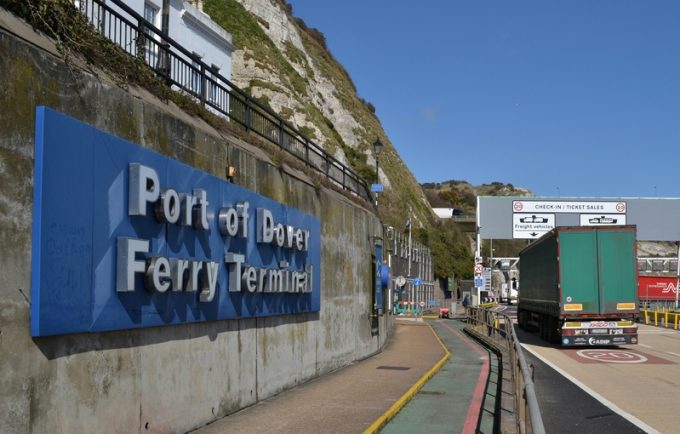Costly import red tape means UK food prices will rise, expert warns
UK food importers are clashing with the government over a threat of inflationary increases to ...

One of the UK’s leading customs software experts has claimed the delay in the UK’s new Customs Declaration System (CDS) is unlikely to cause a breakdown in the country’s supply chains.
Peter MacSwiney, chairman of software supplier Agency Sector Management (ASM) and co-chair of the Joint Customs Consultative Committee’s (JCCC) ...
CMA CGM South Korean staff strike over bonuses after bumper 2024 profit
'Another painful headache for shippers' as Asia-N Europe rate rally ends
Amazon Air Cargo partners-up for new transpacific route into the US
MSC switches two more Asia-Europe port calls from congested Antwerp
Ports and supply chain operators weigh in on funding for CPB
Nightmare for Bangladeshi exporters as congestion and tariffs bite
CMA airline returns two freighters, while ANA takeover of NCA looms
Carriers introduce surcharges as congestion builds at African ports

Comment on this article
Alison MacLeod
October 23, 2018 at 10:10 amHow else does Mr MacSwiney suppose that ro ro operators in Dover could unload their cargo? The port simply will not be able to cope with current throughput in the event of additional red tape on entry.
Current supply chain contingencies appear to include sending traffic unaccompanied via east coast ports, but where will all the additional haulage capacity come from to cope with these additional deliveries?
Erik Kall
October 25, 2018 at 8:59 pmWhat is the situation going to be for cars? Will they get caught up in the expected long customs ques or will they be able to be diverted pass the hold up. It seems like there should be the base for new routes from the East Coast to Germany/Scandinavia.